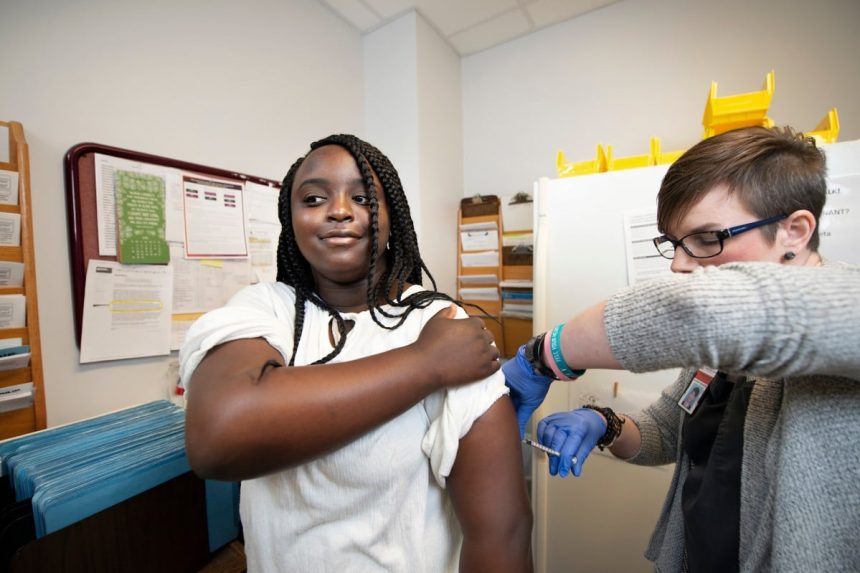(Information provided by Mississippi State University)
A cold, the flu and other viruses can put a damper in anyone’s schedule.

As executive director of MSU’s University Health Services, Dr. Cliff Story treats such illnesses daily, and he’s offering simple tips that everyone can use to increase their chances of avoiding and beating “the bug.”

“Even though the flu has been bad in Mississippi, the South and the nation, the numbers on campus aren’t as high as in other years based on what’s come through the university’s student health center,” Story said. “For us, the peak usually feels like just after Christmas, through January and February. We’ve been seeing more of the B strain of flu. Flu A is the more typical strain that people think of when they think of a bad flu.”
Story said individuals of all ages can help prevent the spread of germs through basic hygiene, including proper handwashing. He recommends washing hands often with soap and water or using an alcohol-based gel. Getting adequate sleep and maintaining a proper diet can help strengthen one’s immune system and reduce vulnerability to the flu and other viruses, he explained.
“Cough or sneeze into a tissue instead of your hands and toss tissues in the trash after one use,” Story advises. “It’s also important to stay home if you’re sick and avoid close contact with others who show signs of illness.”
Though varying from person to person, flu symptoms can include abrupt onset of fever, chills, headaches, coughing, sneezing, runny nose and body aches. Story said cold symptoms come on gradually, are usually milder than flu symptoms, and are likely to include a runny or stuffy nose and sore throat.
“Most of the time, flu and colds don’t cause long-term problems, but people can get really sick or even die, so you want to take it seriously and watch your symptoms,” he said. “As soon as you think you might have the flu, get treated. The medicine is most effective in the first 48 hours, so the sooner you get treatment, the quicker you can get better.”
Story said MSU students can make an appointment for free to see any of the John C. Longest Student Health Center’s six physicians and three family nurse practitioners. Flu shots are available by appointment, and the health center hosts campus-wide flu clinics each year.
“Getting the flu shot can lessen the severity of your symptoms and can help decrease incidents of flu to protect others who are a lot more susceptible,” Story said.
For more information on MSU’s University Health Services, visit www.health.msstate.edu. To schedule an appointment, call 662-325-7539.
Resources on flu prevention are available at https://www.cdc.gov/flu.







